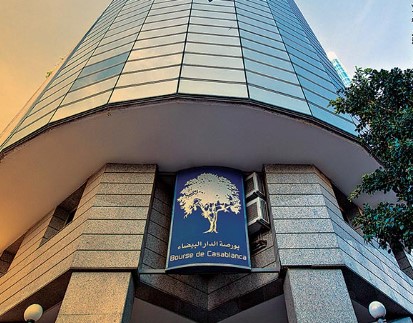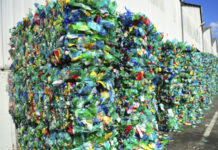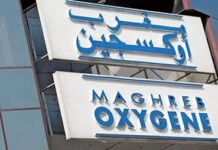
Morocco’s financial markets may be on the brink of a major shift. The long-anticipated arrival of exchange-traded funds (ETFs) on the Casablanca Stock Exchange is finally moving from theory to reality—and with it comes the potential to transform the local investment landscape. These instruments, widely known for their simplicity, affordability, and efficiency, are expected to attract a broader range of investors, increase liquidity, and diversify Morocco’s financial offering.
Globally, ETFs have become a dominant force. In 2024 alone, assets under management in ETF products surged by 27%, reaching a staggering $14.6 trillion. No longer a niche segment, ETFs are now a cornerstone of modern investment strategies, embraced by retail investors, institutional players, and sovereign wealth funds alike. For Casablanca—still struggling to expand its domestic investor base and appeal to international capital—this development could not come at a better time.
The benefits of ETFs are twofold. First, they offer an easy and cost-effective way to gain exposure to a diversified basket of securities, often tracking a specific index. Second, they bring much-needed volume to the market by introducing liquid, continuously traded instruments that behave like any other stock. In a financial environment where trading activity is heavily concentrated around a few large-cap names, this injection of liquidity could be a game-changer.
For everyday Moroccan investors, many of whom remain distant from a market they see as opaque or overly complex, ETFs could offer a more accessible path. With lower fees, reduced risk, and built-in diversification, these funds remove many of the traditional barriers to entry—such as the need to pick individual stocks or the fear of high volatility tied to a single asset. If accompanied by robust financial literacy efforts, ETFs could help democratize stock market participation across the country.
But the implications reach far beyond Morocco’s borders. Under current regulations, ETFs denominated in foreign currencies can invest entirely outside the country when subscribed to by non-residents or Moroccan investors holding foreign currency accounts. This opens the door for Casablanca to position itself as a gateway to Africa, offering regionally focused ETF products built on local expertise. Such products could appeal to global investors seeking targeted exposure to African markets, helping to raise Casablanca’s international profile as a financial hub.
Still, realizing this vision requires more than enthusiasm. The Moroccan financial ecosystem must adapt to the technical infrastructure that ETFs demand. This includes mechanisms for the creation and redemption of ETF units, the presence of authorized participants and market makers, and the transparent disclosure of fund holdings. Regulatory bodies like the AMMC, along with the Casablanca Stock Exchange and asset management firms, will play a vital role in ensuring the credibility and competitiveness of this new market segment. After all, an ETF is only as valuable as its ability to accurately track its index, maintain liquidity, and avoid excessive fees.
The timing of this launch is critical. As Morocco seeks greater market depth, broader inclusion, and stronger global visibility, the introduction of ETFs represents a strategic step toward modernization. If implemented effectively, this shift toward index-based investing could reshape the very structure of Moroccan finance—bringing it in line with global standards while opening up fresh opportunities for both local and international investors.




